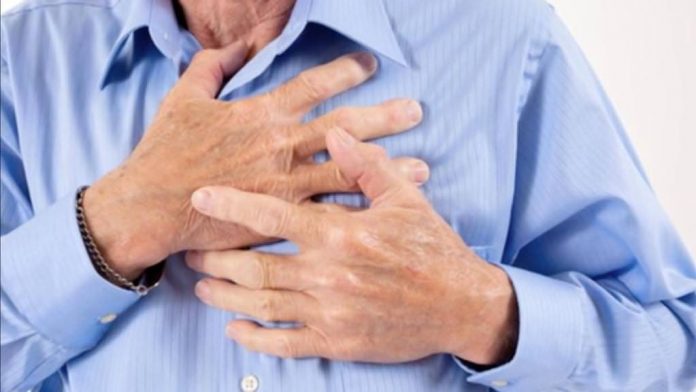One in five patients die within a year after the most common type of heart attack. European Society of Cardiology (ESC) treatment guidelines for non-ST-segment elevation acute coronary syndrome are published online today in European Heart Journal, and on the ESC website.
Chest pain is the most common symptom, along with pain radiating to one or both arms, the neck, or jaw. Anyone experiencing these symptoms should call an ambulance immediately. Complications include potentially deadly heart rhythm disorders (arrhythmias), which are another reason to seek urgent medical help.
Treatment is aimed at the underlying cause. The main reason is fatty deposits (atherosclerosis) that become surrounded by a blood clot, narrowing the arteries supplying blood to the heart. In these cases, patients should receive blood thinners and stents to restore blood flow. For the first time, the guidelines recommend imaging to identify other causes such as a tear in a blood vessel leading to the heart.
Regarding diagnosis, there is no distinguishing change on the electrocardiogram (ECG), which may be normal. The key step is measuring a chemical in the blood called troponin. When blood flow to the heart is decreased or blocked, heart cells die, and troponin levels rise. If levels are normal, the measurement should be repeated one hour later to rule out the diagnosis. If elevated, hospital admission is recommended to further evaluate the severity of the disease and decide the treatment strategy.
Given that the main cause is related to atherosclerosis, there is a high risk of recurrence, which can also be deadly. Patients should be prescribed blood thinners and lipid lowering therapies. “Equally important is a healthy lifestyle including smoking cessation, exercise, and a diet emphasising vegetables, fruits and whole grains while limiting saturated fat and alcohol,” said Professor Jean-Philippe Collet, Chairperson of the guidelines Task Force and professor of cardiology, Sorbonne University, Paris, France.
Behavioural change and adherence to medication are best achieved when patients are supported by a multidisciplinary team including cardiologists, general practitioners, nurses, dietitians, physiotherapists, psychologists, and pharmacists.
The likelihood of triggering another heart attack during sexual activity is low for most patients, and regular exercise decreases this risk. Healthcare providers should ask patients about sexual activity and offer advice and counselling.
Annual influenza vaccination is recommended — especially for patients aged 65 and over — to prevent further heart attacks and increase longevity.
“Women should receive equal access to care, a prompt diagnosis, and treatments at the same rate and intensity as men,” said Professor Holger Thiele, Chairperson of the guidelines Task Force and medical director, Department of Internal Medicine/Cardiology, Heart Centre Leipzig, Germany.















